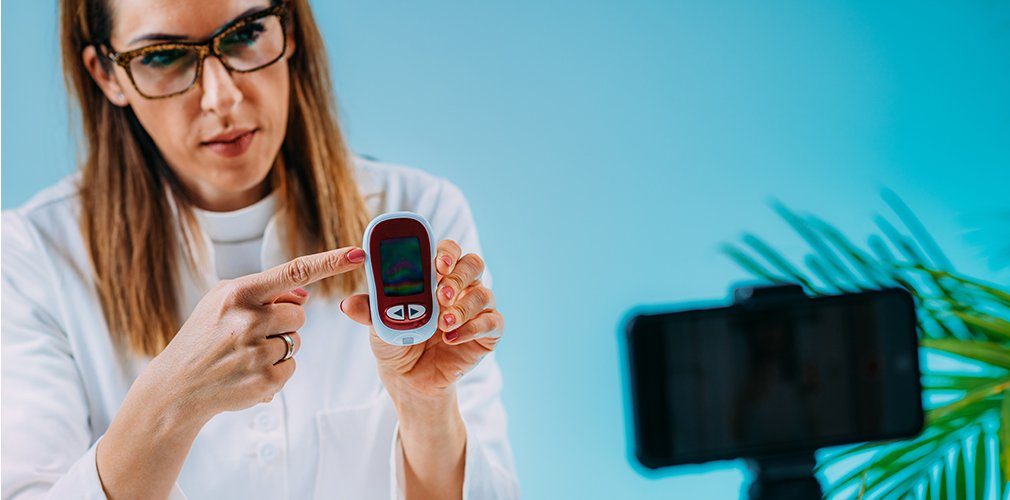It could be said “New Normal” or “New Norm” could be defined as one of the words of 2020. These terms are used to reflect new ways of living and new lifestyles driven by technologies, especially the online ones. A new normal resulted from the COVID-19 outbreak that has tremendously affected the world’s economy and consumer behavior. People travel less and tend to store food and utility products to be prepared for emergencies, while a lot of people have to work from home and depend more on food deliveries. Health has become the top priority, the purchases of luxury products have been reduced, while social distancing and wearing masks have become necessities. Due to the social distancing policy, many people tend to look for information on healthcare on the internet and try out online healthcare services instead of going to crowded places like hospitals or clinics. This is why telemedicine or remote medical systems have become important in the public health system. As a great solution for this post-COVID age, telemedicine helps reduce the risk of infection and treatment costs, while patients can reach medical professionals in time. With the virtual hospital system, telemedicine combines the AI technology with Big Data and works on available medical information to provide the best solutions to patients.
However, telemedicine in Thailand has several limitations, one of which is the fact that in some cases, to diagnose or provide consultations, the doctors still need to do physical examinations (like chest, heart or throat examinations). But when there is a will, there is a way, and one technology that might fill this gap is various kinds of handheld examination kits. For example, TytoCare is a digital stethoscope that enables the patients to do some basic telehealth examinations at home. Apart from gauging body temperature, it can be used to inspect the heart, lungs, ears, throat, nose and skin. After the examinations, the device will send the information to the healthcare providers who can send back the diagnosis or treatment plan without meeting or touching the patients. The device is approved by both the FDAs of the United States and Thailand.
Reference
![]()



